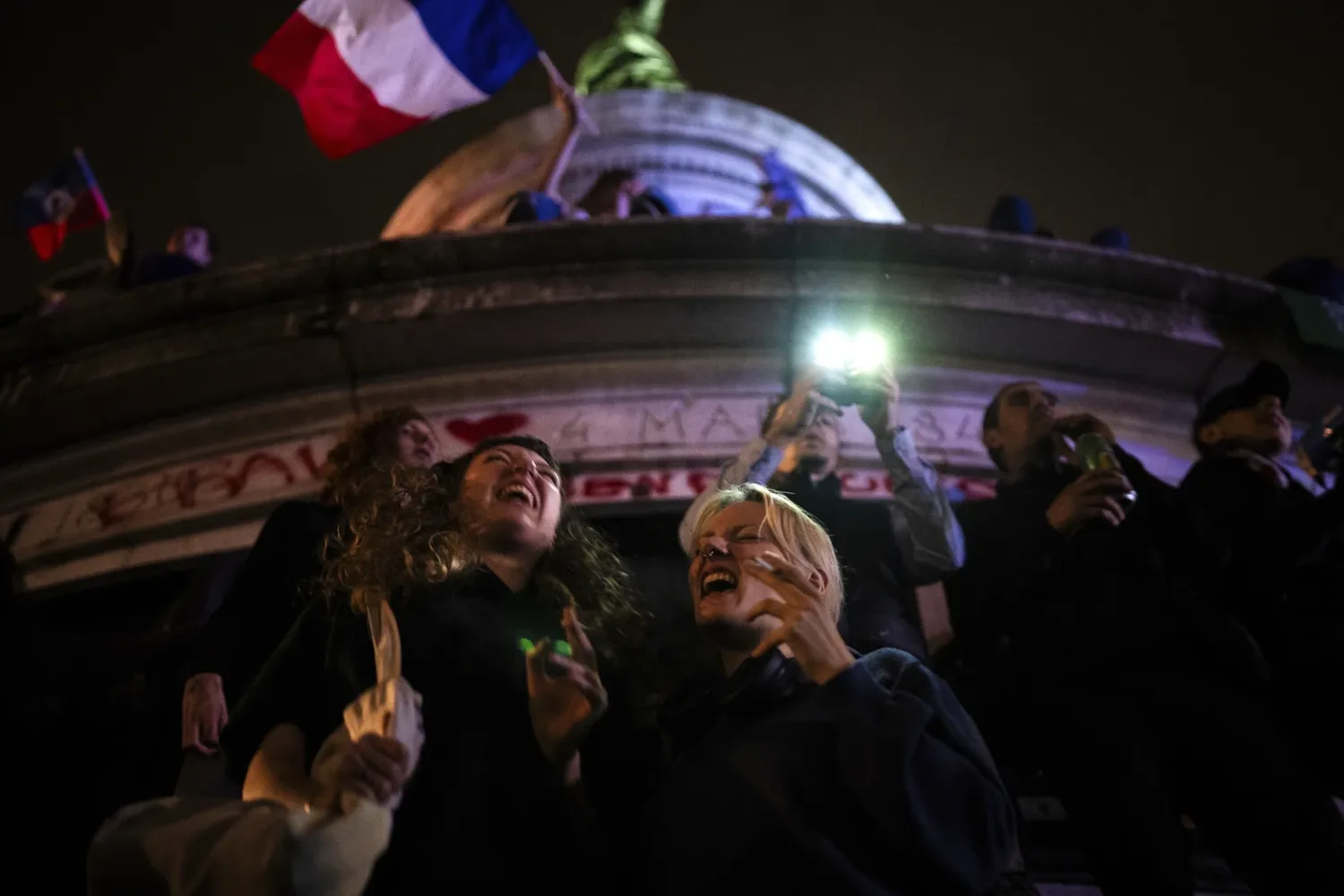French parliamentary elections
French vote gives leftists most seats over far right
The outcome left France facing the stunning prospect of a hung parliament and political paralysis.
In a stunning turn of events, the French parliamentary elections have resulted in a hung parliament, with the left-wing New Popular Front (NFP) coalition securing the most seats but falling short of an outright majority. This outcome has left the country in a state of political deadlock, with significant implications for the future governance of France.
The NFP, an alliance of the Socialists, Greens, Communists, and Jean-Luc Mélenchon’s France Unbowed (LFI) movement, emerged as the largest bloc in the National Assembly, securing between 172 and 215 seats. This coalition was formed hastily in response to the rising threat of the far-right National Rally (RN) party, led by Marine Le Pen and her protégé Jordan Bardella. The RN, which had been leading in the first round of voting, ultimately fell to third place with projections of 120 to 152 seats. President Emmanuel Macron’s centrist Ensemble alliance came in second, with an estimated 150 to 180 seats.
The election results have thrown the French political landscape into turmoil. With no party or coalition securing the 289 seats required for an absolute majority, France faces the prospect of a hung parliament for the first time in recent history. This situation is expected to lead to weeks of intense negotiations and political maneuvering as parties attempt to form a viable government.
Jean-Luc Mélenchon, a prominent figure in the NFP, hailed the results as an "immense relief for a majority of people in our country" and called for the resignation of Prime Minister Gabriel Attal, a close ally of Macron. Mélenchon’s call underscores the deep divisions within French politics and the challenges that lie ahead in forming a stable government.
The far-right RN, which had hoped to capitalize on widespread dissatisfaction with Macron’s government, expressed disappointment with the results. Jordan Bardella, the party’s president, condemned what he described as an "alliance of dishonor" between the left and centrist candidates who strategically withdrew from the runoff to prevent the RN from gaining more seats. Bardella’s remarks reflect the heightened polarization and contentious atmosphere that characterized this election.
President Macron, who has seen his popularity wane in recent years, now faces the daunting task of navigating this fractured political landscape. Despite the setback, Macron has affirmed that he will not step down and remains committed to his pro-business agenda aimed at revitalizing the French economy. However, the lack of a clear majority means that any future government will likely be fragile and susceptible to no-confidence votes, further complicating Macron’s efforts to implement his policies.
The election results have significant implications beyond France’s borders. As a key member of the European Union and a major economic force, France’s political stability is crucial for the broader region. The uncertainty surrounding the formation of a new government comes at a critical time, with the country set to host the Paris Olympic Games and continuing to play a pivotal role in international diplomacy, particularly in the context of the ongoing conflict in Ukraine.
The heightened polarization in French politics, marked by incidents of racism, antisemitism, and disinformation campaigns, has also raised concerns about the integrity of the electoral process. The unprecedented deployment of 30,000 police officers during the runoff vote highlights the gravity of the situation and the potential for unrest in the wake of the election results.
As France grapples with the aftermath of these elections, the path forward remains unclear. The prospect of a hung parliament and the ensuing political deadlock pose significant challenges for the country’s governance. The coming weeks will be crucial in determining whether France can overcome these divisions and form a stable government capable of addressing the pressing issues facing the nation.

